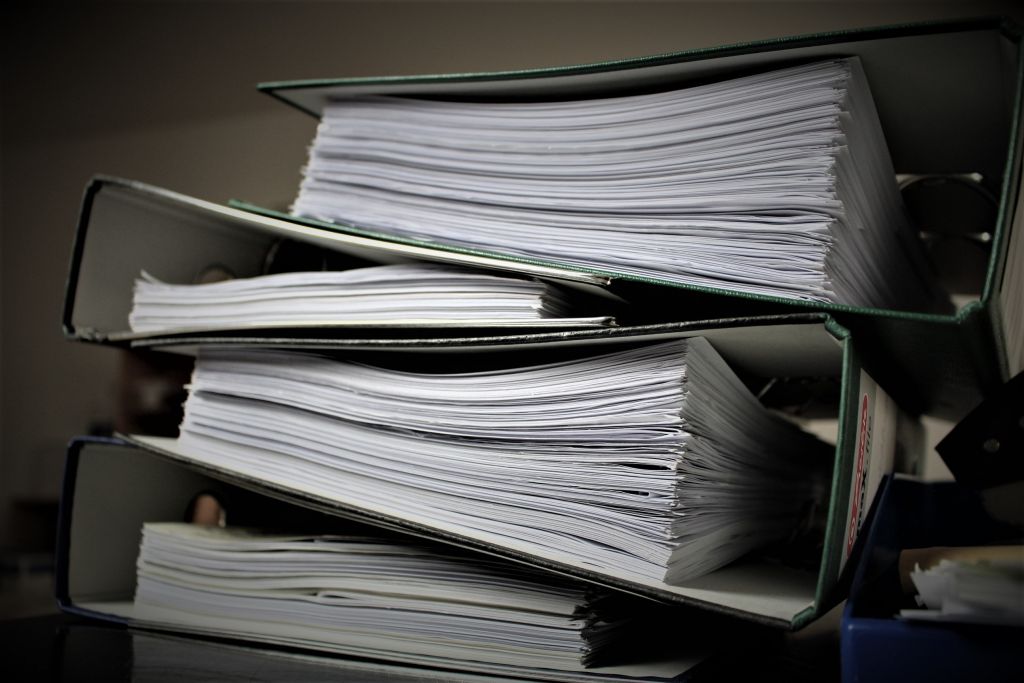
Criminal Assessment – Keyork Immigration Law
Determining criminal admissibility in Canada is a complex legal and immigration matter. Admissibility to Canada will depend on the type of charge/conviction that you have received along with the facts related to the incident that led to the offense, the type of sentence received (imprisonment, fines, probation, license suspension, community hours, etc.), how much time has elapsed since the full completion of the sentence as well as the Canadian equivalency of the charge/conviction (if the offence was committed outside of Canada) in the Canadian Criminal Code.
Note that in some cases, an offence only needs to be committed and not charged or convicted in order to render you criminally inadmissible to Canada. Therefore, in some cases, even if your record in your country is clean, that your charges/convictions were dismissed, suspended or dropped, you may still be considered criminally inadmissible to Canada given Canadian Immigration Law.
What can we do to help?
Once we have made a Criminal Assessment, we will be able to determine if you are criminally inadmissible to Canada or not and what arguments can be made in order to support your case. If you are admissible, we might only recommend that you enter Canada with an Entry Package to facilitate your entry in the event that you fall on an uncooperative CBSA officer.
If you are inadmissible, we will be able to discuss potential options for criminal rehabilitation and/or TRP in order to enter Canada soon or in the near future following processing times (for example a criminal rehabilitation or a long term TRP can take about 6-12 months to process at a Consulate or High Commission outside of Canada whereas a one entry TRP can be made right at the border). The approval or necessity to file these applications will also depend on the reasons why you wish to enter Canada and also the type of life you have been living since you last criminal offence.
During your consultation, we will ask you to complete the attached Criminality questionnaire and to also provide us all criminal documentation related to your case in your possession (judgments, disposition, FBI report, state clearances, police reports, etc.). Ideally, we would also like to receive from you a brief personal statement about the details of the offence (s) (dates, what happened, where, who was involved, what was your state of mind at that moment, why do you think this occurred, etc.) as this will make our consultation smoother and we will have more time for the lawyer to ask you more pertinent and precise questions.
